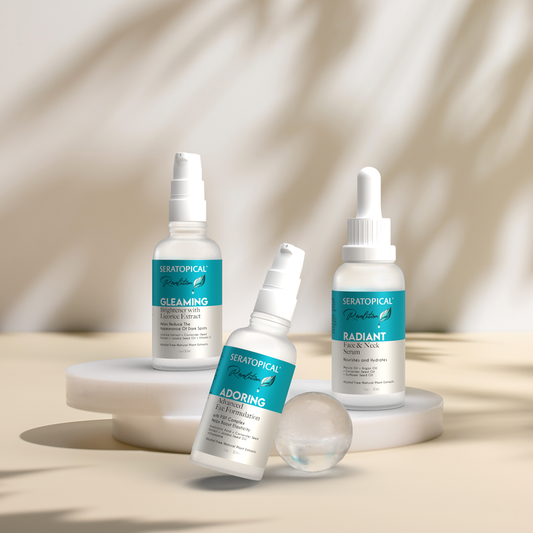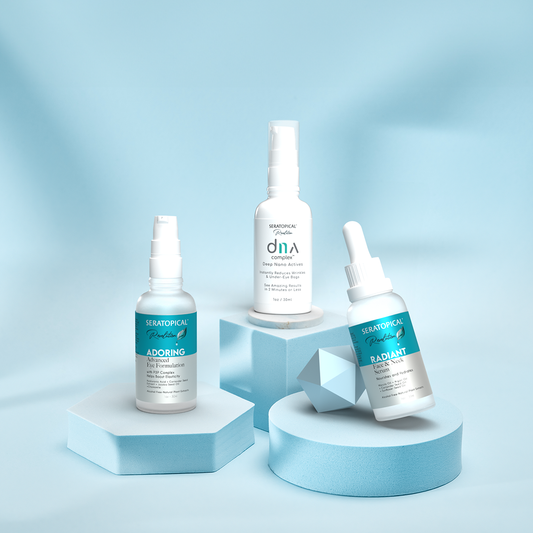Skimping on sleep can raise the risk of many health problems and leave you prone to accidents.
A single night of poor sleep can leave you feeling cranky and unmotivated. You may be too tired to work efficiently, to exercise, or to eat healthfully. And over time, continued sleep deprivation raises the risk for a number of chronic health problems, including obesity, diabetes, high blood pressure, and heart disease. Insufficient sleep can also leave you more vulnerable to mental health issues such as depression and anxiety. There's even some evidence that insufficient sleep makes your more prone to the common cold if you're exposed to the cold virus.
How Much Sleep a Night is Healthy?
The amount of sleep needed for optimal health can vary depending on factors such as age, individual differences, and lifestyle. Generally, adults should aim for 7 to 9 hours of sleep per night to support overall well-being and cognitive function. However, it's essential to prioritize quality over quantity, ensuring restorative sleep by maintaining a consistent sleep schedule and creating a comfortable sleep environment. Additionally, listening to one's body and adjusting sleep duration based on personal needs and feelings of alertness can help individuals determine their ideal nightly sleep duration.
What is Sleep Deprivation & Deficiency?
Sleep deprivation refers to the condition of not getting enough sleep consistently, either due to external factors such as lifestyle choices or internal factors like medical conditions. This can lead to various cognitive and physical impairments, including decreased alertness, impaired memory and concentration, mood disturbances, and weakened immune function. Sleep deficiency, on the other hand, encompasses both insufficient sleep quantity and poor sleep quality, which can result from untreated sleep disorders, irregular sleep schedules, or environmental factors. Persistent sleep deficiency can significantly impact overall health and quality of life, increasing the risk of chronic health conditions like obesity, diabetes, and cardiovascular disease.
What is Microsleep?
In rare cases, insufficient sleep can even more dangerous. A sleep shortfall can lead to daytime drowsiness and "microsleeps." Microsleeps are brief bouts of sleep that occur during the day that usually last just a few seconds. If you've ever briefly nodded off while sitting through a lecture, you've experienced a microsleep. They usually last just a few seconds but can go on for 10 or 15 seconds—and pose a grave danger if they happen while you're driving.
During a microsleep, your brain does not respond to noise or other sensory inputs, and you don't react to things happening around you. Because people are poor judges of when microsleeps will occur (and are equally poor at preventing them), they're a major factor in many motor vehicle accidents. One in 24 American drivers admitted to falling asleep while driving at least once in the previous month, according to a government report. The National Department of Transportation estimates that each year, drowsy driving is responsible for 1,550 fatalities and 40,000 nonfatal injuries in the United States.
Short-Term Effects of Lack of Sleep
The short-term effects of lack of sleep can manifest quickly and impact various aspects of daily functioning. These effects may include decreased alertness and cognitive performance, impairments in memory and concentration, mood disturbances such as irritability or mood swings, reduced coordination and motor skills, and an increased risk of accidents or errors. Additionally, short-term sleep deprivation can weaken the immune system, making individuals more susceptible to illnesses like colds or the flu. It's essential to prioritize adequate sleep to mitigate these short-term effects and support overall well-being.
Long-Term Effects of Lack of Sleep
The long-term effects of chronic sleep deprivation can have profound consequences on physical and mental health. Prolonged insufficient sleep is associated with an increased risk of developing chronic health conditions such as obesity, diabetes, cardiovascular disease, and hypertension. It can also lead to cognitive decline, memory problems, difficulty concentrating, and decreased overall cognitive function. Furthermore, chronic sleep deprivation can contribute to mood disorders like depression and anxiety, as well as impair immune function, leaving individuals more susceptible to infections and illnesses. Prioritizing adequate and consistent sleep is crucial for mitigating these long-term effects and maintaining optimal health and well-being.
How Does Lack of Sleep Affect Skin?
Lack of sleep can have detrimental effects on the skin, impacting its appearance and overall health. Chronic sleep deprivation can lead to increased levels of the stress hormone cortisol, which can trigger inflammation and exacerbate skin conditions such as acne, eczema, and psoriasis. Additionally, insufficient sleep can impair the skin's ability to repair and regenerate, resulting in dullness, dryness, and fine lines. Furthermore, inadequate sleep can disrupt the body's natural balance of hydration and decrease blood flow to the skin, leading to a lackluster complexion and the formation of dark circles and puffiness around the eyes. Prioritizing quality sleep is essential for maintaining skin health and a youthful appearance.
Natural Sleep Aid
So how do you combat insufficient sleep? The best solution is to figure out how many hours of sleep are right for you and then stick with it—even on weekends, holidays, and vacations. Basic lifestyle changes that promote sleep can also help. Exercise, avoiding caffeine, and practicing good sleep hygiene are some of the ways to get your best rest.
Developed by SeraLabs with clinically-backed ingredients as a natural, drug-free alternative to clinical sleep medicine, Sleep A.S.A.P. helps to support sleep promotion and sleep quality. This powerful and fast-acting sleep medicine with melatonin is a helpful aid in sleep disorders and those who suffer from delayed sleep phase. Waking up rejuvenated without the daytime drowsiness that comes from other clinical sleep medicine, Sleep A.S.A.P. can assist with chronic insomnia. It is available in a Nutri-Strip which dissolves on the tongue in 5 seconds and aids in better absorption. Melatonin helps regulate circadian rhythm disorders and assists with people who don't produce melatonin levels sufficient to reduce sleep problems.
No content on this site, regardless of date, should ever be used as a substitute for direct medical advice from your doctor or other qualified clinician.








